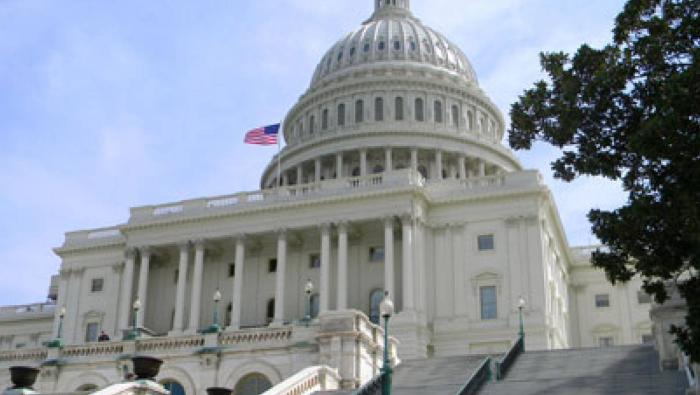Although the FAA and JetBlue signed a $4.2 million “NextGen agreement” whereby the agency will fund installation of ADS-B avionics in up to 35 of the airlineπs Airbus A320s, it doesn’t appear that new legislation moving through Congress will contain funds for NextGen avionics equipage for other stakeholders.
The JetBlue pact is for a pilot program that will allow the airline to fly more precise, satellite-based flights from Boston and New York to Florida and the Caribbean beginning next year.
According to the FAA, the agreement will enable JetBlue to fly in two major routes off the East Coast even if traditional radar coverage is not available. It could lead to the development of two new, shorter ADS-B-only routes to the Caribbean from Boston, New York and Washington. The agency will collect valuable NextGen data by observing and conducting real-time operational evaluations of ADS-B on revenue flights.
JetBlue will provide flight operations, pilots and aircraft maintenance and will pay for the cost of aircraft downtime while the ADS-B avionics are installed. JetBlue also will fund the necessary training for dispatchers and flight crews, including simulator time. The airline will demonstrate the cost savings of ADS-B technology and potentially equip the rest of its A320 fleet with ADS-B avionics at its own expense.
“NextGen will help improve the travel experience for passengers and give airlines more flexibility to find the most efficient way to reach their destinations,” said FAA Administrator Randy Babbitt. “This agreement will allow us to collect important data to further demonstrate the benefits of NextGen.”
While the airlines have been seeking funding to equip their airplanes with NextGen equipment for years, a top Senate Democrat said that it is unrealistic in the current financial climate.
Congressional Belt-tightening
Sen. Max Baucus (Montana), who heads the Senate Finance Committee, said such a controversial move could ignite another standoff over FAA reauthorization.
The Senate FAA reauthorization bill directs the agency to accelerate NextGen procedures and technologies but stops short of funding onboard avionics.
Although the House has resisted subsidization of onboard equipment required for NextGen equipage, Rep. Dan Lipinski (D-Ill.) has floated a proposal to provide grants and loan guarantees to enable airlines and other aviation stakeholders to begin installing NextGen technology.
Lipinski said his plan incorporates input from a variety of aviation stakeholders, including commercial, general and business aviation communities, as well as avionics manufacturers and others.
It would provide matching grants to install ADS-B out systems through loan guarantees of up to 80 percent, with a three-year deferment period designed to encourage investing now as the FAA continues working to implement requisite associated systems.







